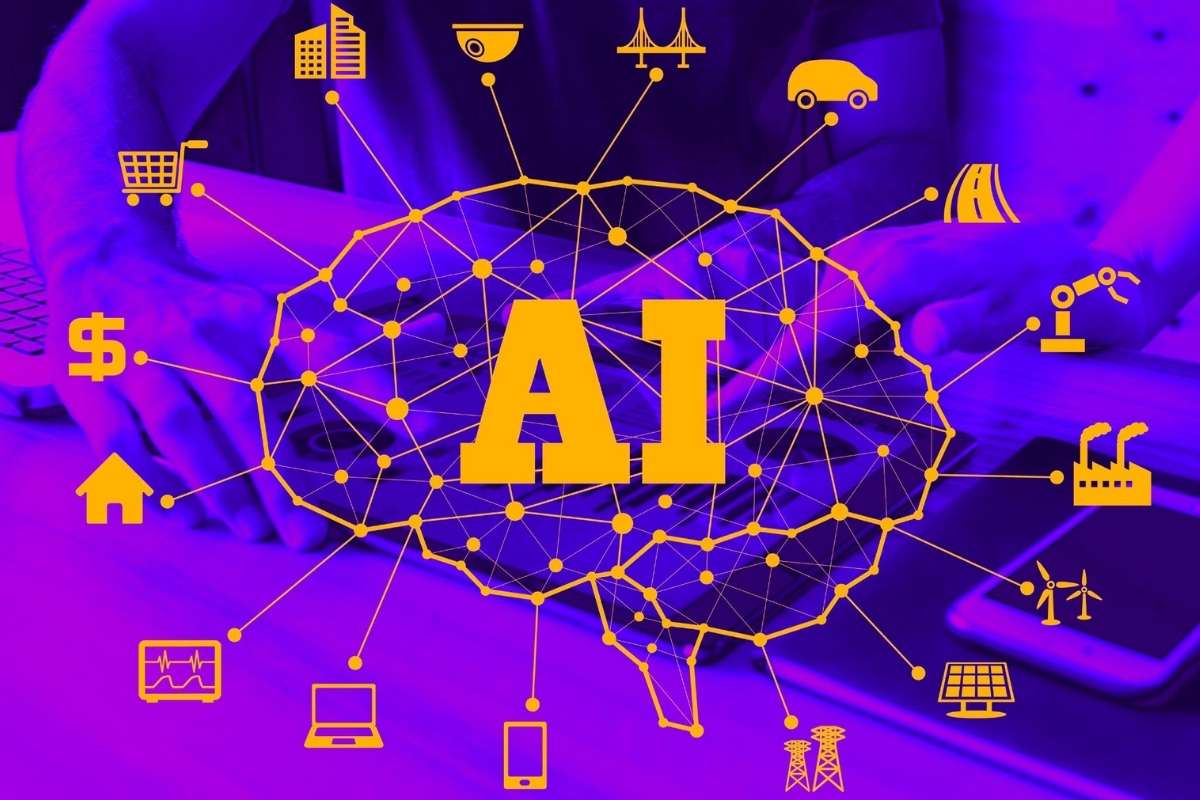Artificial Intelligence (AI) is transforming the global political landscape in unprecedented ways. From enhancing decision-making processes to influencing public opinion, AI presents both opportunities and significant risks. Governments and international organizations are increasingly leveraging AI for policy analysis, cybersecurity, and electoral processes. However, concerns about misinformation, surveillance, and ethical considerations continue to grow. This article explores the impact of AI on global politics, highlighting both its advantages and challenges.

1. AI in Political Decision-Making
AI-driven data analysis is helping policymakers make more informed decisions.
- Policy Forecasting: AI models predict economic, social, and geopolitical trends, allowing governments to craft proactive policies.
- Automated Governance: AI-powered tools streamline bureaucratic processes and enhance efficiency in public administration.
- Crisis Management: Governments use AI to analyze real-time data for rapid response to crises such as pandemics or natural disasters.
Read more: The Power of Microbiology: How Tiny Organisms Impact Our Lives
2. The Role of AI in Elections
AI has significantly impacted electoral processes, both positively and negatively.
- Voter Behavior Analysis: Political campaigns use AI to understand voter preferences and optimize messaging strategies.
- Deepfake and Misinformation Risks: AI-generated fake news and deepfake videos pose threats to democratic integrity.
- Election Security: AI enhances cybersecurity to prevent election fraud and hacking attempts.

3. AI and International Relations
AI is reshaping diplomacy and global interactions between nations.
- Predictive Diplomacy: AI assists in forecasting potential conflicts and diplomatic opportunities.
- Automated Negotiation Tools: AI-driven simulations help policymakers evaluate negotiation outcomes.
- Cyber Warfare and AI Arms Race: Nations are developing AI-driven defense systems, raising concerns about security and global stability.
4. Surveillance and Privacy Concerns
The rise of AI-driven surveillance has sparked debates on privacy and human rights.
- Mass Data Collection: Governments and corporations use AI to monitor public behavior and detect security threats.
- Ethical AI Regulation: Stricter policies are needed to ensure AI surveillance does not infringe on civil liberties.
- Balancing Security and Privacy: Finding a middle ground between national security and individual rights remains a challenge.
5. AI in Cybersecurity and Information Warfare
AI is a double-edged sword in the realm of cybersecurity.
- Threat Detection: AI algorithms identify cyber threats faster than traditional methods.
- Disinformation Campaigns: Malicious actors use AI to spread false narratives and manipulate public opinion.
- Defensive AI Measures: Governments invest in AI-based countermeasures to combat cyberattacks and protect sensitive data.
6. Ethical and Regulatory Challenges
As AI continues to evolve, ethical considerations and regulatory frameworks are crucial.
- Bias in AI Decision-Making: AI systems can perpetuate biases, leading to unfair policies or discrimination.
- Lack of Global AI Governance: Countries are yet to agree on standardized regulations for AI in politics.
- Transparency and Accountability: Ensuring AI-driven decisions are explainable and accountable remains a key issue.
Conclusion
The integration of AI in global politics presents both transformative opportunities and significant risks. While AI enhances policy-making, security, and diplomacy, it also raises concerns about misinformation, surveillance, and ethical governance. As AI continues to shape the political landscape, international cooperation and robust regulations are essential to maximize its benefits while mitigating its risks.


